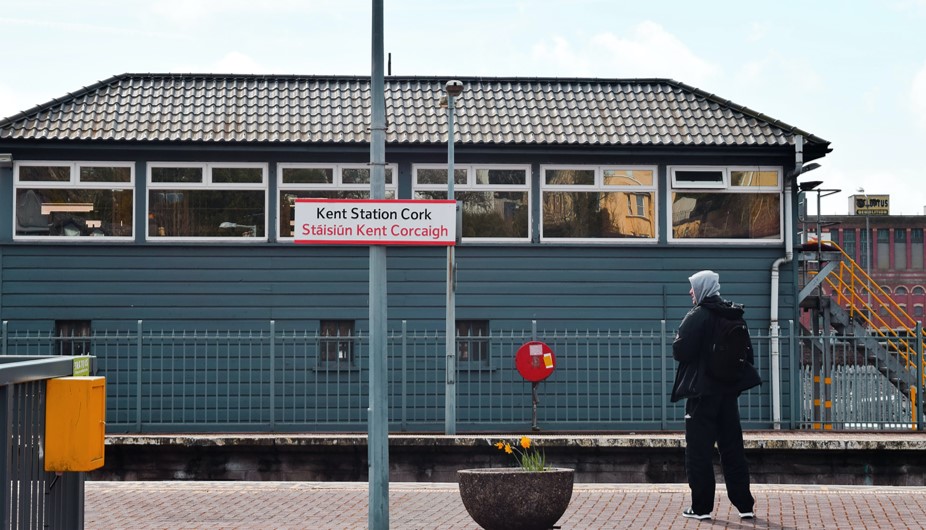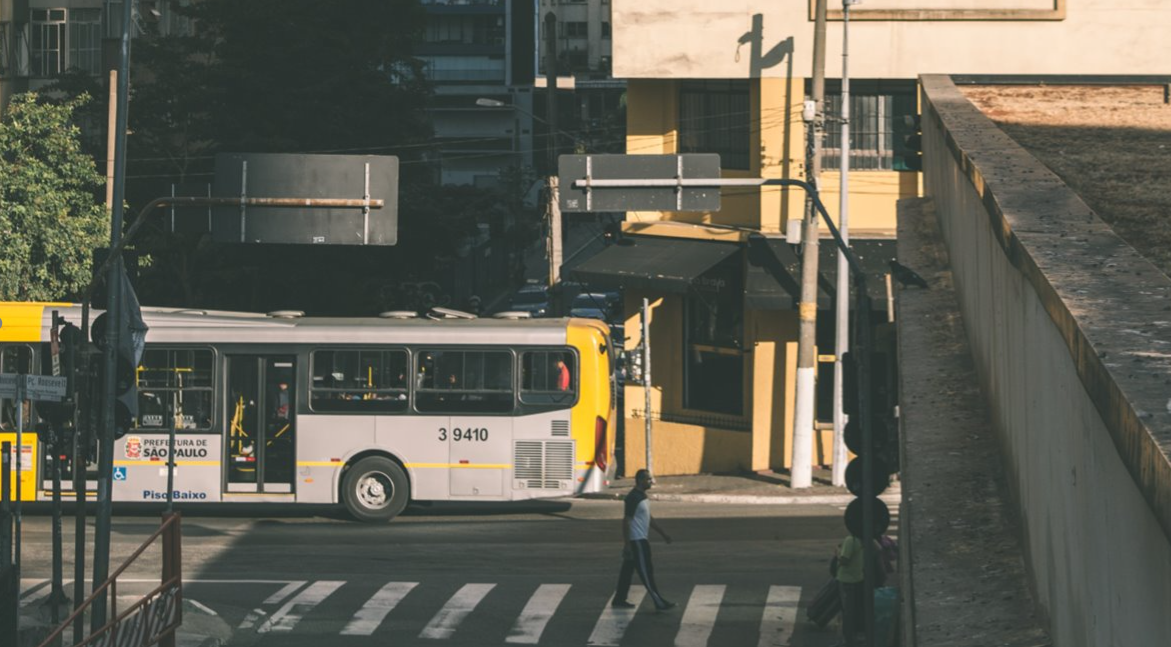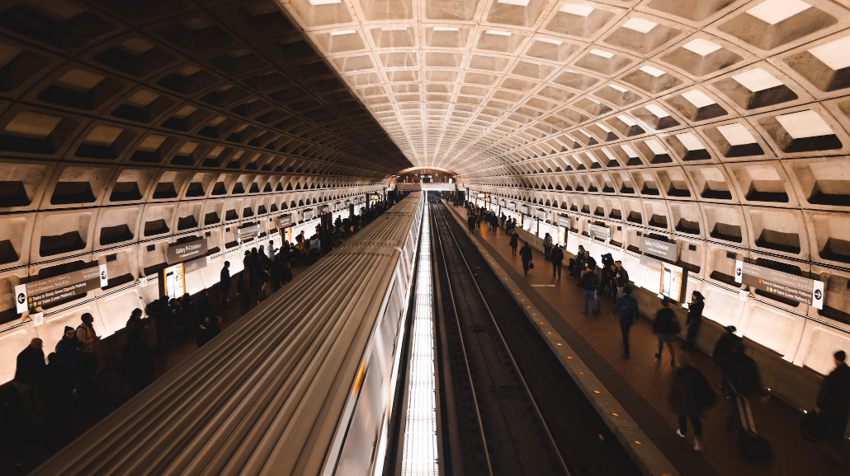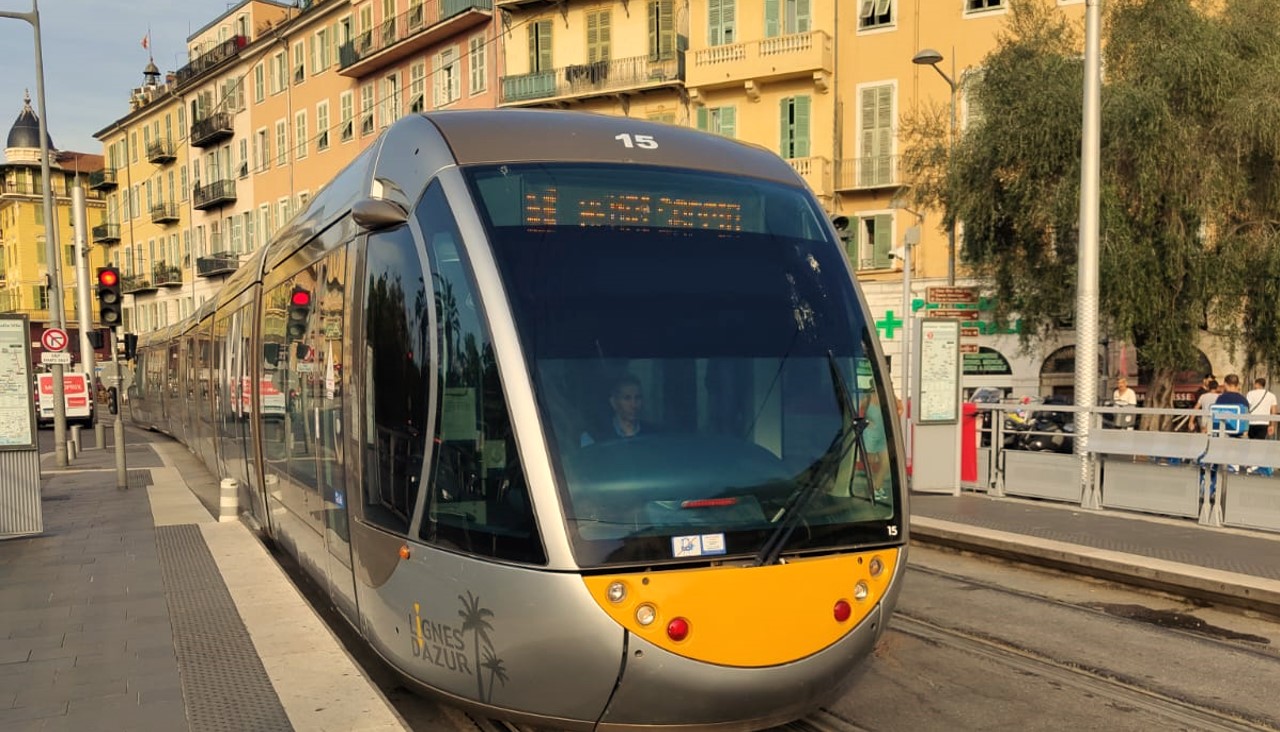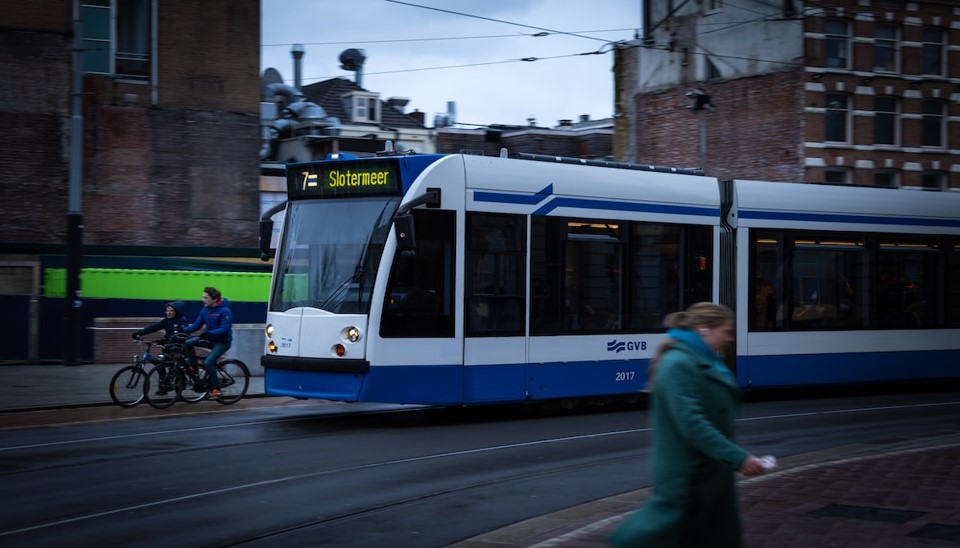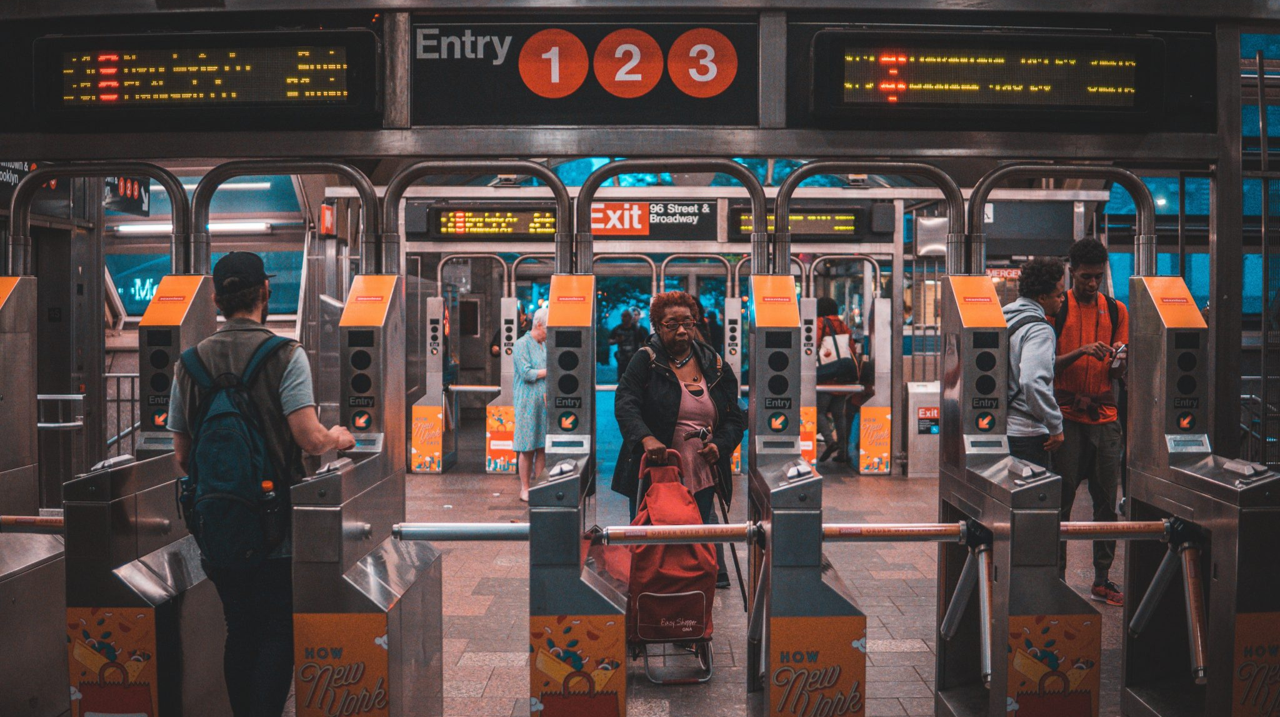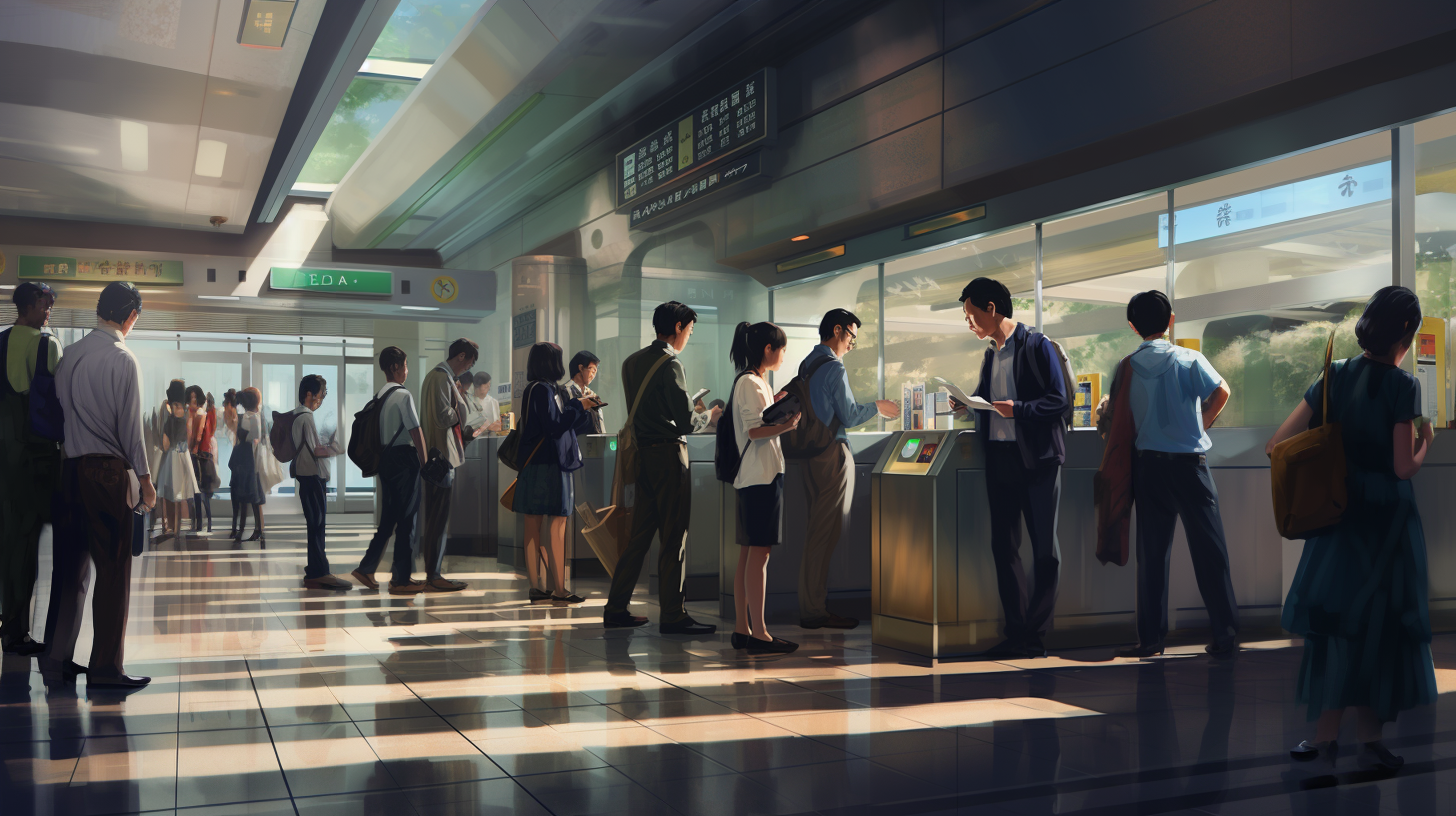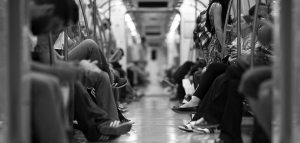Addressing Fare Evasion on Irish Rail
Insights and Strategies from the National Transport Authority's Study
A recent study by the Irish National Transport Authority (NTA) has unveiled a 6% fare evasion rate on Iarnród Éireann rail services, the national operation from Ireland, leading to an estimated annual revenue loss of €12.3 million. The study, encompassing nearly 21,000 passengers from January 2022 to March 2023, has been crucial in...
NYC Buses: A Battle Against Fare Evasion
MTA Introduces Rigorous Enforcement to Curb $315 Million Losses on Buses
Since September, the Metropolitan Transportation Authority (MTA) has been enforcing stringent measures to combat fare evasion on city buses, deploying unarmed fare enforcement agents to local bus services. Fare evasion on buses was responsible for nearly half of the MTA’s total estimated losses of $700 million in 2022. MTA chairman Janno Lieber highlighted the...
Recife Buses Introduce Turnstiles to Counter Fare Evasion
Pernambuco government's move aims to reduce significant revenue losses.
In order to reduce fare evasion, the Recife Metropolitan Region in Brazil is currently testing turnstiles on 14 bus lines. The Pernambuco government has accompanied this program since it started in June. The Grande Recife Metropolitan Transport Consortium (Grande Recife Consórcio de Transporte Metropolitano, CTM) has already equipped 32 out of the 41 buses...
Metro DC’s New Strategy to Combat Fare Evasion Proves Effective
Modified fare gates result in a 70% reduction in fare evasion at select stations
The Washington Metro has witnessed a significant decline in fare evasion, thanks to the introduction of modified fare gates. According to a recent update from the agency, there’s been a 70% reduction in fare evasion at stations where these new gates have been installed. This initiative was a response to increased evasion during the...
Nice Reactivated Fare Gates and Boosted Staffing to Combat Fare Evasion
Lignes d’Azur implemented a comprehensive plan to counteract an annual loss of 5 million euros due to fare fraud.
The fare gates at Nice’s underground tramway stations have been reactivated after being previously disabled for the COVID-19 crisis due to safety concerns about passenger proximity. Last month, Gal Nofri, the president of Lignes d’Azur, announced this as one of several initiatives to combat fare evasion. This fraud reportedly results in an annual loss...
Fare Dodging in Amsterdam: A Troubling Rise
Amsterdam's GVB reports a 50% increase in fare evasion since the pandemic, launching a campaign to tackle the issue.
Since the start of the pandemic in 2019, fare evasion on Amsterdam’s public transportation has increased by 50%, reports the city’s transportation provider, GVB. In 2022, 4.5% of passengers on trams without conductors were found riding without tickets; similar increases were seen on metros, buses, and trams with conductors. The problem, according to the...
NYC Subway Measures Fare Evasion Using AI
MTA chooses AWAAIT's AI-technology for subway fare evasion monitoring
The Metropolitan Transportation Authority (MTA), which operates New York City’s subway, has started employing artificial intelligence (AI) to combat the growing issue of fare evasion, a problem that costs the city hundreds of millions each year. The AI surveillance software, created by the Barcelona-based company AWAAIT, has been in use in seven subway stations...
MTR’s Response to Fare Evasion: Increased Penalties and Inspections
Over 600 Cases Identified in a Week, Including Misuse of the Government's Discount
In Hong Kong, A citywide campaign against fare evasion has been started by the MTR Corporation in coordination with the Transport Department. Between June 25 and July 3, they reported 671 occurrences of ticket evasion, 89 of which involved the abuse of the government’s $2 travel discount program. To reduce fare evasion, the MTR...
MTA’s New Approach to Fare Evasion: A Focus on Education, Equity, Environment, and Enforcement
The Four E's of MTA's Anti-Fare Evasion Strategy Unveiled in the Blue-Ribbon Panel's Inaugural Report
The Metropolitan Transportation Authority (MTA) Blue-Ribbon Panel on Fare Evasion released its first report, outlining a number of proposed improvements, during a press conference on May 17th. The report was intended to address the growing issue of fare evasion. The report notably devotes four pages (55–64) to discussing four areas where the MTA intends...
MTA’s Pioneering Methodologies to Measure Fare Evasion
The synthesis of traditional surveys and state-of-the-art technology creates a robust blueprint for fare evasion measurement
On May 17, the Blue-Ribbon Panel for Fare Evasion of the Metropolitan Transportation Authority (MTA) issued a report detailing the problem and outlining its two methods for measuring it. According to the most recent data, a concerning pattern has emerged: fare evasion rates increased significantly from pre-pandemic levels of 3 to 6% to 13.5%...
Categories
Topics

Trainsfare is an initiative aimed to raise awareness about the global issue of fare evasion in public transport.
We publish articles regularly on the topics of fare evasion, ticketing, public transport finance, technology, and safety and security. Our articles are sourced from mass transit operators and from trusted news sources and publications.
Trainsfare is a project managed by Awaait, a Barcelona-based company developing AI Video Analytics software.
